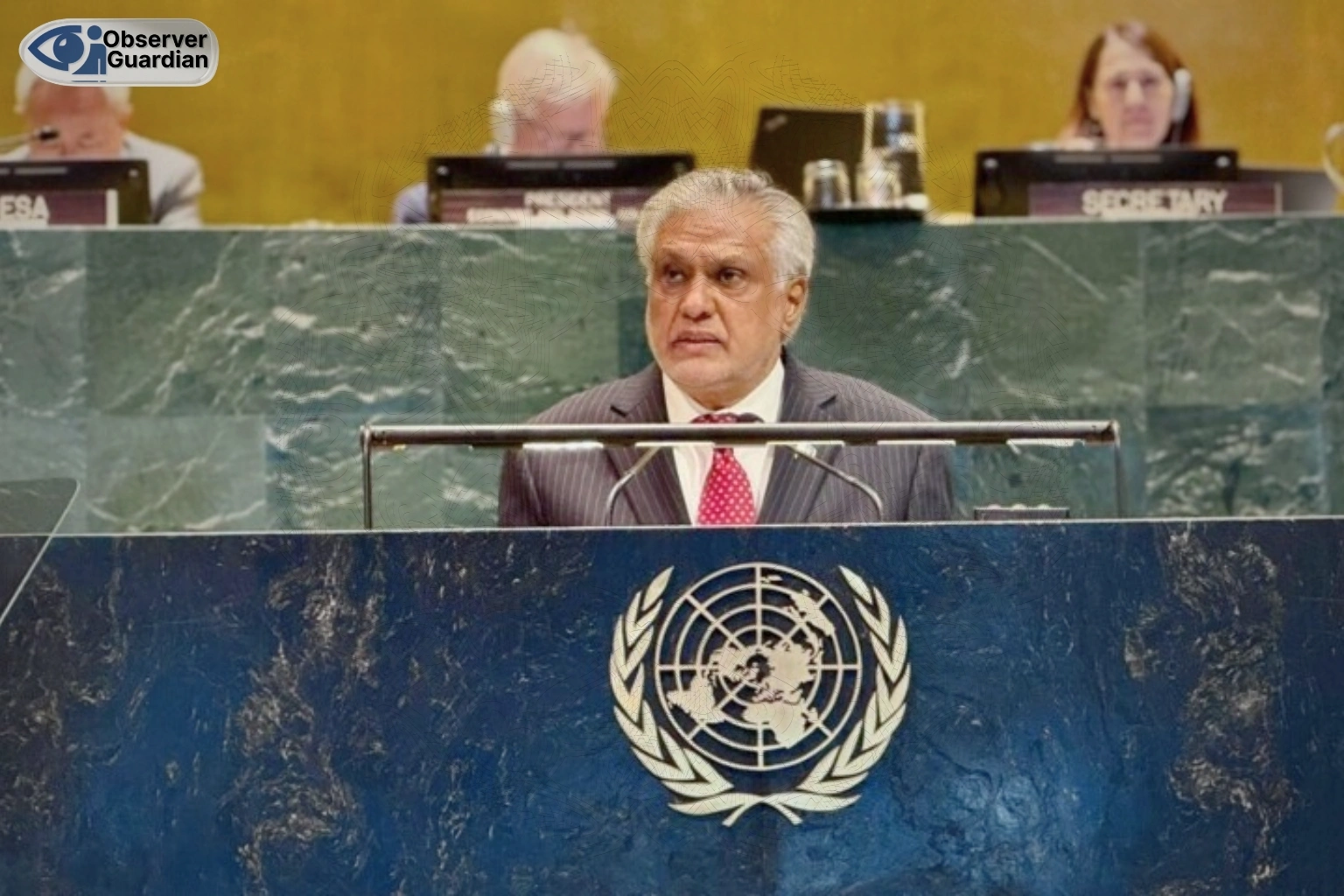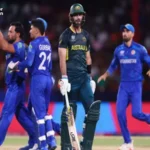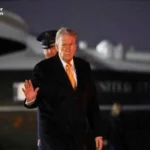Ishaq Dar has landed in New York for the UN General Assembly’s annual session, and this year the spotlight is clearly on Palestine. He was welcomed by Pakistan’s representatives in the US and at the UN, and his schedule looks packed with meetings, both one-on-one and in larger groups. Prime Minister Shehbaz Sharif is due to join him soon and will lead Pakistan’s official address to the Assembly.
The big story here is Palestine. The situation in Gaza and the long-standing issue of occupation are expected to dominate discussions. Pakistan has always tied its support for Palestinians to its own stance on Kashmir, so it’s likely Sharif will make that link again when he speaks. The message will probably revolve around self-determination, ending humanitarian suffering, and the need for the international community to move beyond words.
But it’s not just Palestine on the agenda. Pakistan’s delegation will also be talking about climate change, terrorism, Islamophobia, and sustainable development themes that tend to come up every year, though each time the focus shifts depending on the global context. As a non-permanent member of the UN Security Council right now, Pakistan is also trying to underline its role as a country that backs multilateral solutions and international law.
Alongside the speeches, there’s a lot happening in the corridors. Dar and Sharif are expected to meet dozens of other leaders and foreign ministers. These conversations are often where the real deals and alliances form, far more than in the grand speeches at the General Assembly hall. One event to watch will be a conference on the two-state solution, co-hosted by France and Saudi Arabia, which could either help revive the idea or just show how divided the world still is on the issue.
This session is happening at a tense moment. The United States recently denied visas to several Palestinian officials, including President Mahmoud Abbas, forcing the UN to allow him to speak via video instead. Moves like that add friction and make it harder to reach any consensus. For Pakistan, the challenge is how to turn strong words into actual action or at least push the conversation in a direction that isn’t purely symbolic.
So Dar’s arrival kicks off what could be a meaningful week for Pakistan’s diplomacy. Whether it’s building alliances, keeping Palestine on the global agenda, or pressing for broader recognition of its positions, Islamabad wants to make sure its voice carries some weight in a crowded and divided international space.







